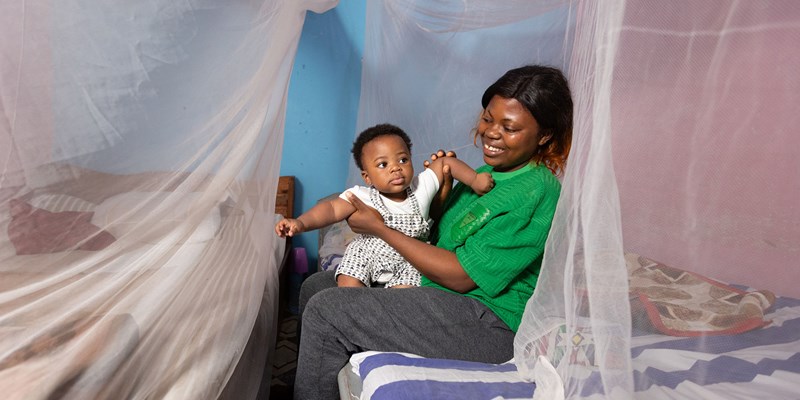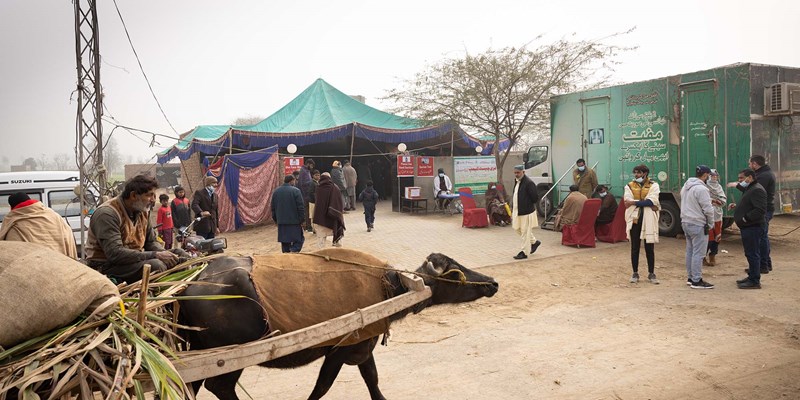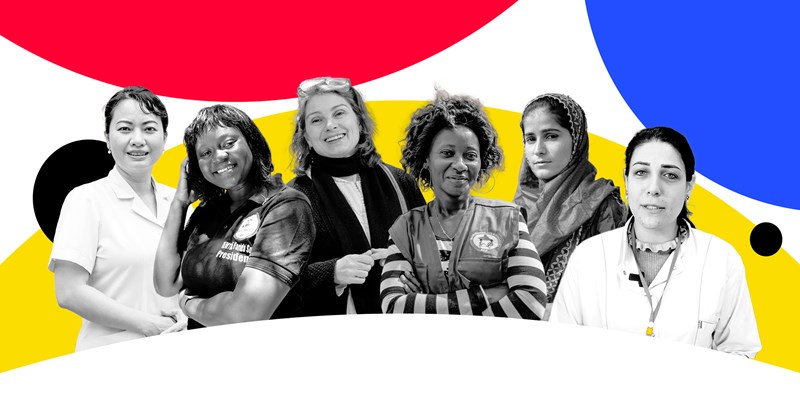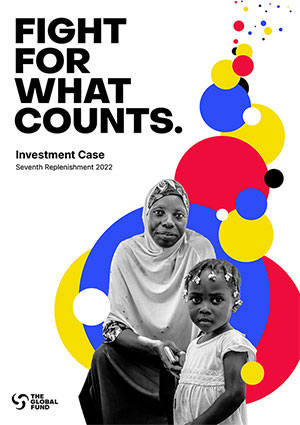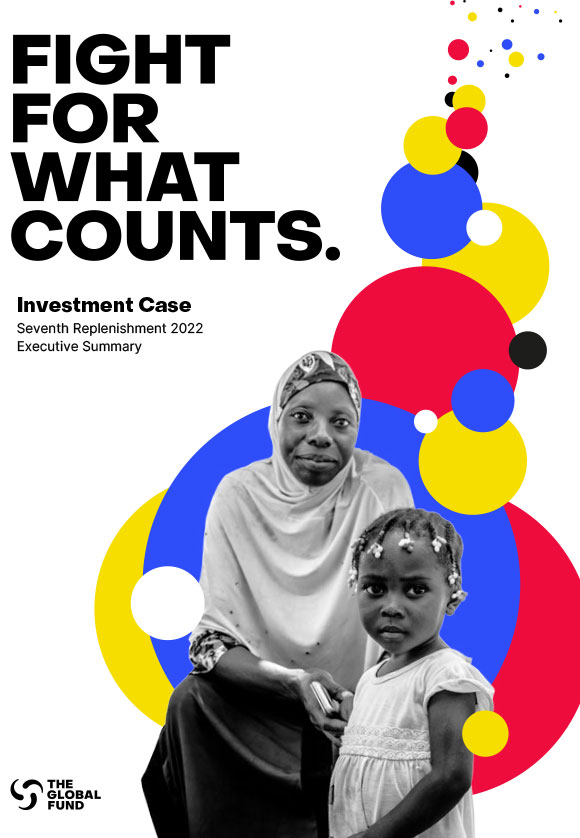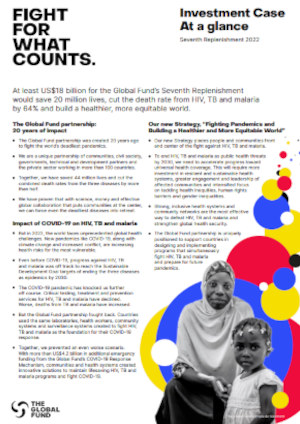Global Fund Affirms Commitment to Resilient Health Systems
01 April 2015
GENEVA - Members of the Board of the Global Fund called for accelerated efforts to build resilient health systems that can contribute to ending AIDS, tuberculosis and malaria as epidemics.
At a Board meeting, several members stressed the need to support countries in strengthening health systems, at a national level and also at a community level, with the entire Global Fund partnership working together to achieve resilience and sustainability in health systems.
The German delegation pointed out the critical importance of making broader investments in health systems in order to address the health concerns of communities responding to HIV, TB and malaria.
Takeshi Osuga, Deputy Director General for International Cooperation and Global Issues in Japan's Ministry of Foreign Affairs said that resilient health systems can galvanize action for many health challenges. By enacting policies that support universal health coverage, partners in global health can support efforts to transformative health systems.
There is broad recognition that the Ebola crisis in West Africa drew increased attention to the importance of health systems.
Prof. Onyebuchi Chukwu, former Minister of Health of Nigeria, spoke about how his country relied with great success on health systems that were built to respond to polio in combating Ebola. He also stressed the importance of community involvement and participation.
The Global Fund has been investing in health systems since its beginning, both in investments that are channelled through disease-specific grants as well as through grants that are solely on strengthening health systems.
Mark Dybul, Executive Director of the Global Fund, said more than a third of the Global Fund's investments go to strengthening health systems in the countries and communities where programs treat, prevent and care for those affected by HIV, TB and malaria. Dr. Dybul said that health systems will be best sustained and strengthened where investments are firmly anchored within communities.
At its two-day meeting which closed today, the Board also approved a framework for financing co-infections and co-morbidities of HIV/AIDS, TB and malaria.
Dr. Nafsiah Mboi, completing a two-year term as Chair of the Board, said that the role of health systems in enabling communities to respond to their diverse and distinct health needs has never been more vital.
"The Global Fund is determined to play a robust role in strengthening health systems during the post-2015 development era," Dr. Nafsiah Mboi said.
